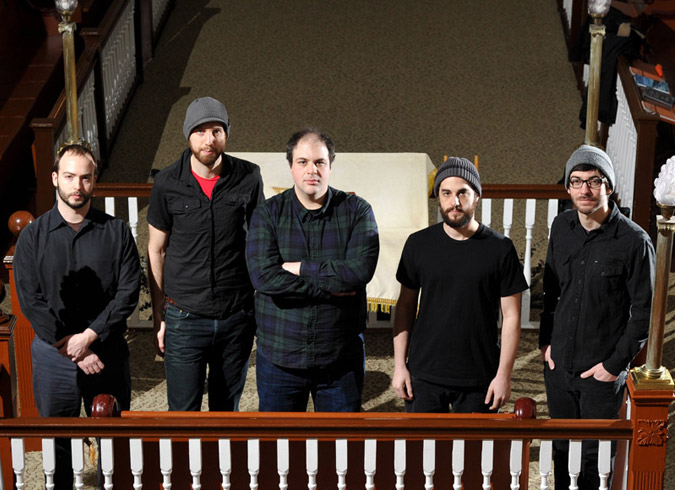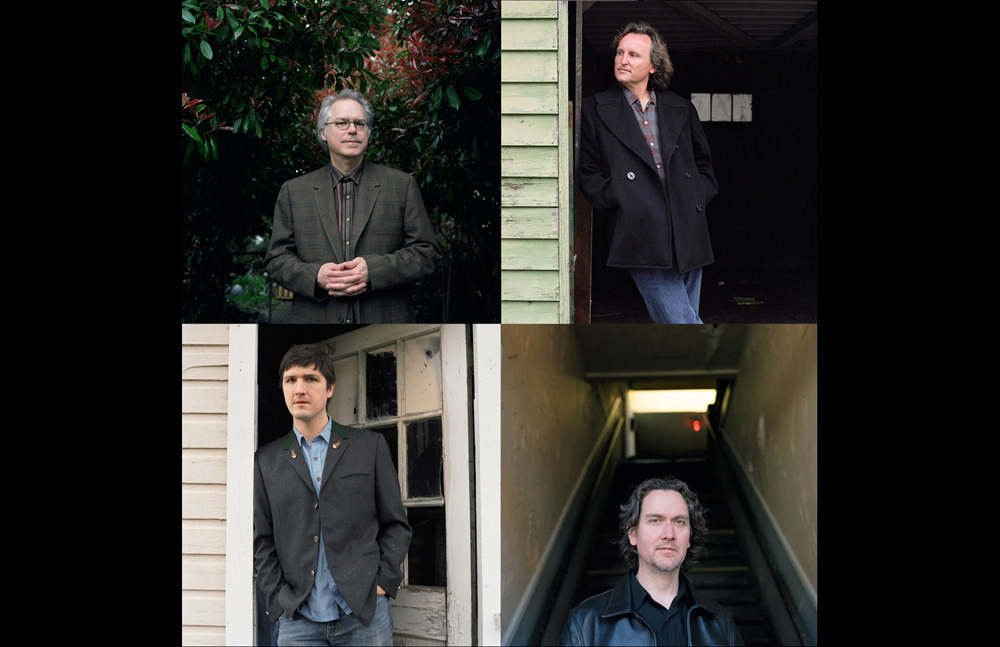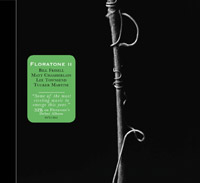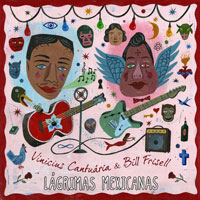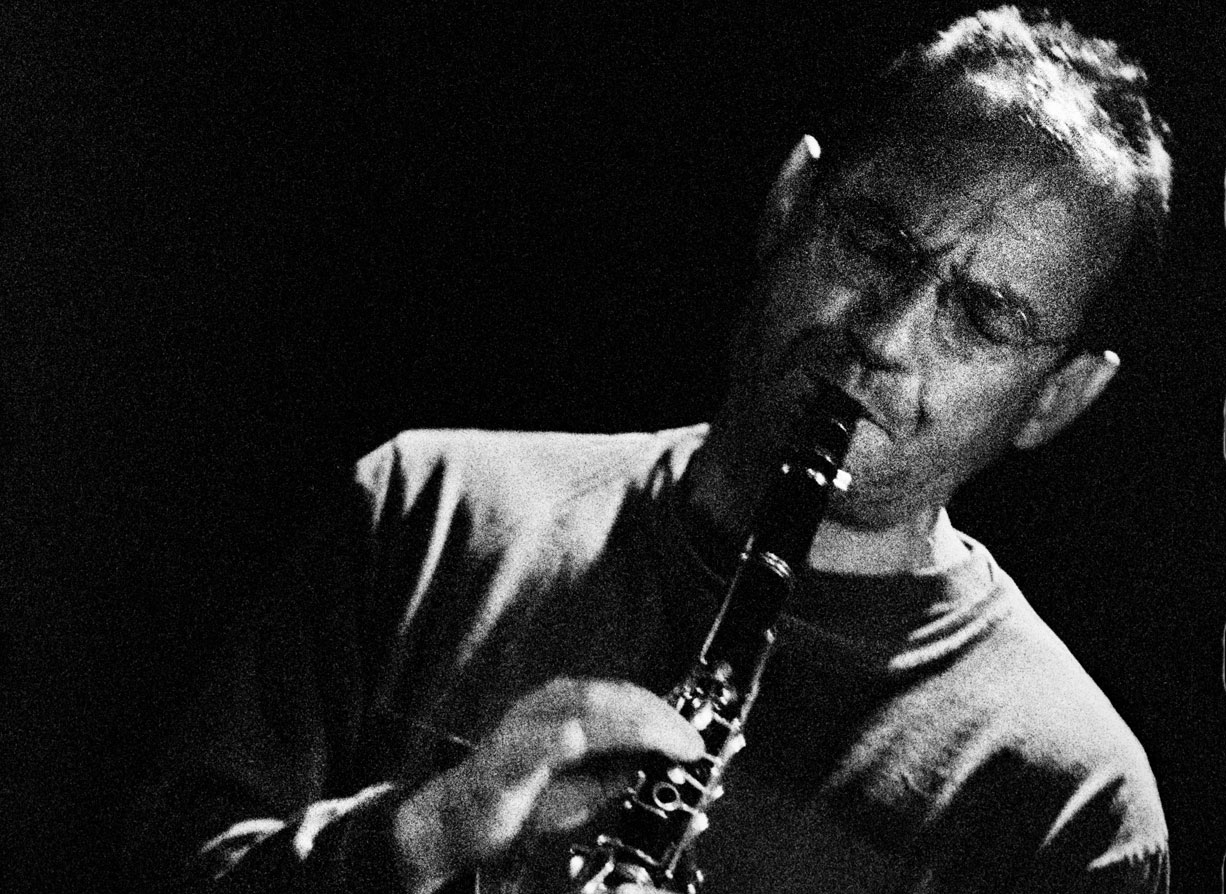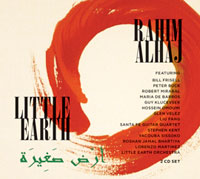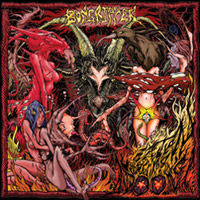 Earth: Angels of Darkness, Demons of Light Vol. 1 (Southern Lord, 2/22/11)
Earth: Angels of Darkness, Demons of Light Vol. 1 (Southern Lord, 2/22/11)
Earth: “Father Midnight”
[audio:https://alarm-magazine.com/wp-content/uploads/2011/02/20110113_specialmusic_earth.mp3|titles=Earth: “Father Midnight”]
Dylan Carlson‘s best work as Earth often creates a crushing sense of inevitability. Between the long-form guitar griddlings of Earth 2: Special Low Frequency Version in 1993 and the panoramic beauty of The Bees Made Honey In The Lion’s Skull in 2008, Earth has erratically transitioned from smothering to sparkling.
One thing that remains, though, is how Carlson and his assorted bandmates move through their instrumentals: with slow but ever-emphatic steps. Since Hex: Or Printing In The Infernal Method in 2005, people have often said that Earth is creating something more like “Americana” than its earlier doom metal. That isn’t wrong at all, but more fundamentally, Earth’s recent music revels in the basics of melody. It often uses blues-like scales — though rarely as grindingly dissonant as those on Earth 2 — but always explores them with an almost mad patience. It has the frank sureness of a force that knows it will catch up with you eventually.
The new Angels Of Darkness, Demons Of Light, Vol. 1, might be roughly part of the Hex phase, and might sound just as good as Bees, but with the addition of cello and greater willingness to vary Earth’s format from song to song.
Carlson has said that he likes to find his melodies “within the drone.” It’s clear on the new Angels that he’s as ready as he’s ever been to let his collaborators seek alongside him within the expanses of sound they create. Where Bees relied largely on layers of guitar from Carlson, and, on three tracks, Bill Frisell, Angels finds bassist Karl Blau and cellist Lori Goldston — both new members — pushing right alongside him, and sometimes ahead of him, rather than simply thickening up the core melodies.
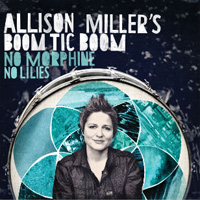 Allison Miller’s Boom Tic Boom: No Morphine, No Lilies (The Royal Potato Family, 4/16/13)
Allison Miller’s Boom Tic Boom: No Morphine, No Lilies (The Royal Potato Family, 4/16/13)
